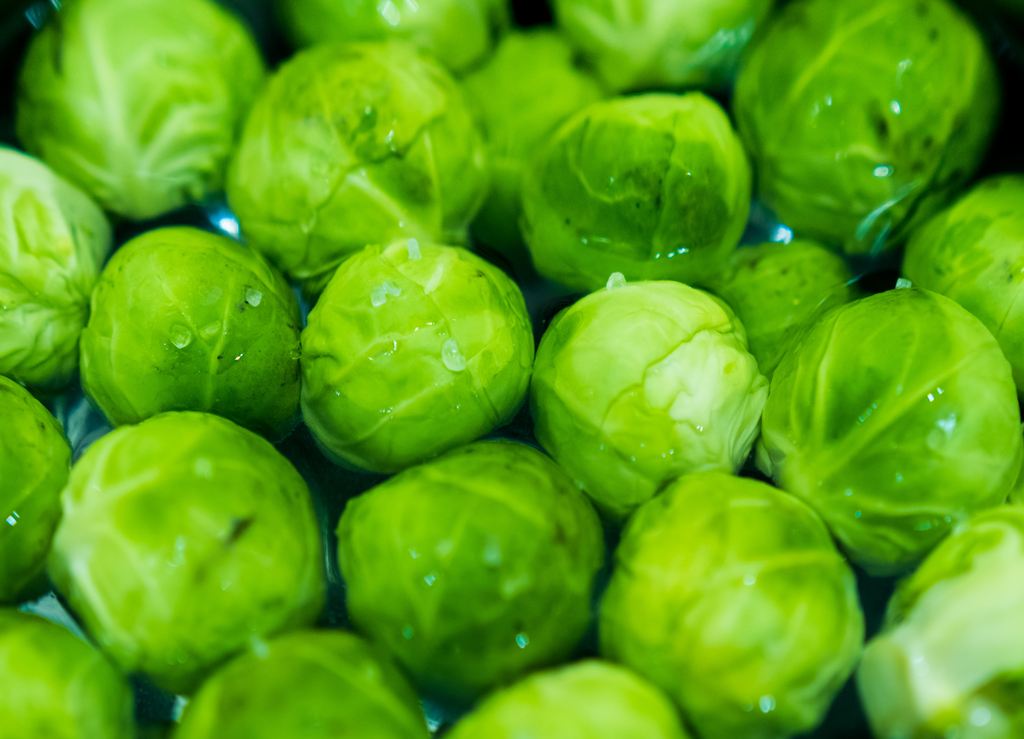Brussels sprouts are an excellent source of vitamin C (88 mg), vitamin A (38 mcg/ µg), B vitamins, folic acid (61 mcg/ µg), magnesium and calcium. For example, you’ll basically cover your recommended daily intake of vitamins and minerals by eating half a kilogram of boiled Brussels sprouts.
Research has proven: Brussels sprouts are the best detox
Scientists have conducted a study with participants following different detoxification diet programmes and the results of this research have been published in the medical journal Cancer Prevention Research. One group ate Brussels sprouts every day, while the other group had other kinds of food. The results revealed participants belonging to the group that ate Brussels sprouts on a daily basis had a 61 per cent decrease in toxin levels after 12 wee
It’s all about how you prepare them
Furthermore, given that preparing them at high temperatures can damage their nutrients, the manner and duration of cooking them is all the more important. For instance, it’s been established that their nutrients are not damaged if you cook them for 6 to 7 minutes. If you cook them longer than that, the nutrients will mostly perish. In a nutshell, Brussels sprouts should not be overcooked.
Discover the magic of Brussels sprouts’ delicate flavours
Restaurant menus usually overlook Brussels sprouts and usually they’re sautéed or boiled with other vegetables to be served as a side dish with meat or fish. Still, there are a number of restaurants offering winter specialties that revolve around Brussels sprouts.
In case you visit Zagreb’s Mali bar bistro run by famous TV chef Ana Ugarković, we’d definitely like to encourage you to try an interesting combination of home-made spaghetti with Brussels sprouts and Istrian sausage. Priska Thuring, head chef at restaurant Dubravkin put , was also inspired by the sweet taste of Brussels sprouts to prepare veal sweetbread with pistachio, Brussels sprouts and cauliflower.



